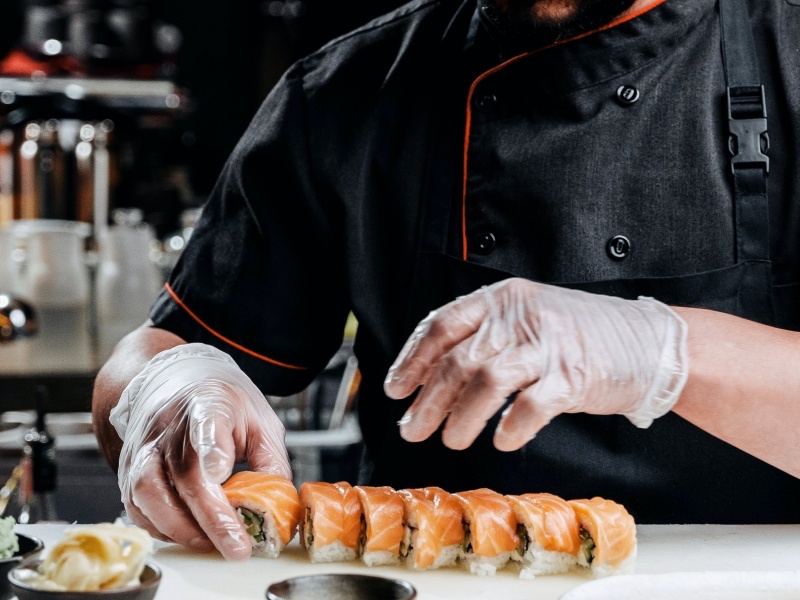知ってる内容を英語ルートで理解。
↓ ↓ ↓

Hi! Today let’s talk about Japanese cooking and something interesting I read in a book (sorry, I forgot the title and author).
In Japan, there’s a special spice called the “source of taste.” It’s used in many dishes, like meat, fish, pork, beef, chicken, soup, spaghetti, and more. The book I read said that because of this spice, all Japanese dishes taste kind of the same. They lack diversity or creativity.
When I was in England during high school, I noticed something different. In England, there was always pepper and salt on the table. You could sprinkle them on your food however you liked. You got to decide how your dish would taste. I really liked that!
So, when I came back to Japan, I asked my mom to always put pepper and salt on the table. I wanted to enjoy my meals the way I did in England. But it didn’t happen because most Japanese cooking is made by chefs or someone who knows a lot about it. There’s not much room for people like me to change the basic tastes.
My attempt to change how we eat at home didn’t work, and it seems to agree with what the book said about Japanese cooking being too uniform.
The special spice, the “source of taste,” is made from seaweed and has amino acids. They now call it the “good taste condiment.” It’s not just used in Japan but also in other countries, especially in Asia.
I’m curious to know how they use it in other countries and how much they use. I’ll check that out soon. Stay tuned for more updates!
私立学校に英語教師として勤務中、40代半ばに差し掛かったころ、荒れたクラスを立て直す策として、生徒に公言して英検1級に挑戦することを思い立つ。同様の挑戦を繰り返し、退職までに英検一級(検定連合会長賞)、TOEIC満点、国連英検SA級、フランス語一級、スペイン語一級(文科大臣賞)、ドイツ語一級、放送大学大学院修士号などの成果を得る。
アメリカで生徒への対応法を学ぶ為に研修(地銀の助成金)。最新の心理学に触れた。4都県での全発表、勤務校での教員への研修を英語で行う。現在も特別選抜クラスの授業を全て英語で行っている。「どうやって単語を覚えればいいですか?」という良くある質問に答える為、印欧祖語からの派生に基づく「生徒には見せたくない語源英単語集」を執筆中。完成間近。常日頃洋書の読破で様々な思考にふれているが、そうして得た発想の一つを生かして書いた論文がコロナ対策論文として最近入賞。賞品の牛肉に舌鼓をうっている。元英検面接委員


